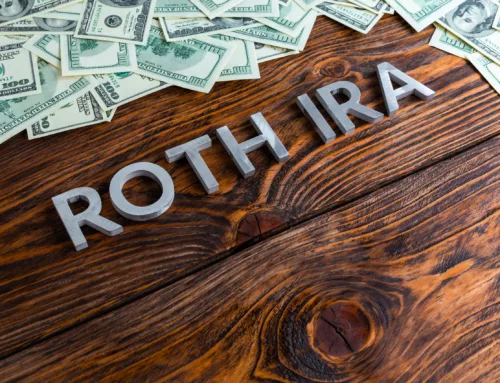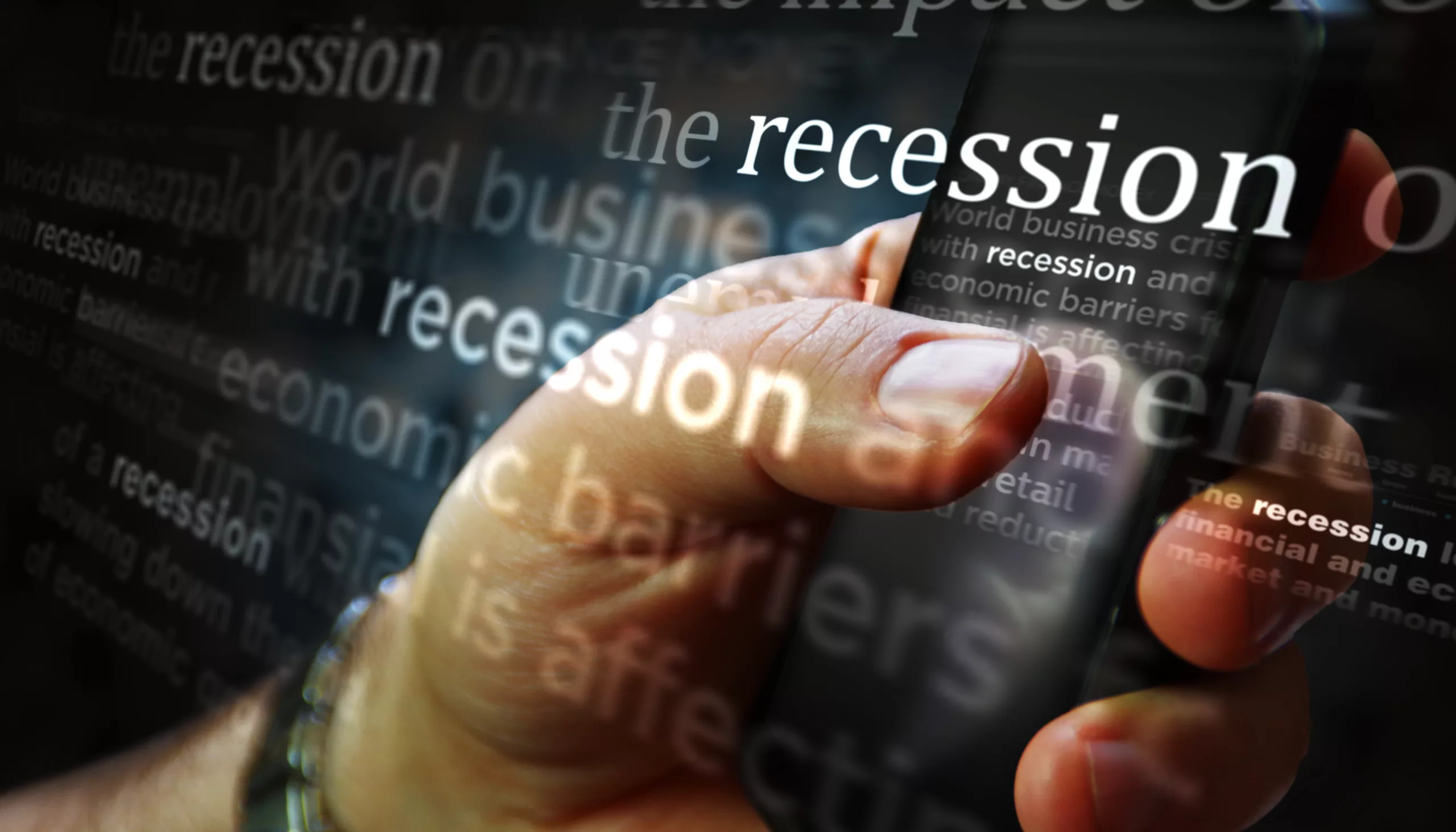Recession Guide – What is a Recession and What Should You Do About It?
Recessions are always talked about as doomsday for an otherwise flourishing economy, but what is a recession?
Recessions indicate economic downturns that can hit everything from jobs to incomes. Failing to plan through knowing how to invest money and adjusting the parameters of your personal financial tools can cause a lot of pain.
So, to help you prepare, this guide will cover what is a recession, what happens in a recession, and what you must do to survive one.
What is a Recession?
Recessions have no strict definition. Every country defines it differently, but everyone can agree that it’s a prolonged and widespread downturn in a nation’s economic activity.
Most people view a recession as two consecutive economic quarters of Gross Domestic Product (GDP) contractions. It may be little more than a minor downturn, termed a technical recession, but it can also be so prolonged that it descends into a full-blown depression.
For example, through June 2023, Germany has experienced three consecutive quarters of negative growth, but the cumulative drop is a mere 0.5%.
In this scenario, the average person will unlikely turn to websites to make money online or change their investment strategies. But even technical recessions can result in future turmoil if left unchecked.
Some organizations won’t use the old two-quarter explanation but will delve into the nuts and bolts of an economy to define a recession.
For example, the National Bureau of Economic Research (NBER) examines nonfarm payrolls, retail sales, industrial production, and more to determine whether there’s a recession. It’s more detailed and can be more accurate.
Recession vs. Depression
What is a recession compared to a depression?
Depressions aren’t creative terms used to describe a bad time in the markets. Instead, they’re recessions that last for a year or more. The Great Depression, launched by the 1929 Wall Street Crash, is the most well-known depression, but the 2008 Financial Crisis was also classified as a depression.
Depressions are particularly bad because they usually result in rampant inflation, mass job losses, and the decimation of entire economic sectors. Some depressions can last for years.
What Causes Recessions?
Now you know what is a recession, what causes it in the first place?
Various theories explain why a particular economy’s head might dip below the water. These theories use economic, financial, and psychological factors to explain recessions and predict future ones.
Some theories concentrate on industry structural shifts, such as oil price spikes. Others focus on credit growth and the accumulation of consumer debt. Still, other theories look at general confidence among ordinary people.
So, it’s a complex issue, and there’s no consensus because every recession is different.
Is a Recession Good or Bad?
On the whole, a recession isn’t a good thing. There’s an increase in traffic to job search websites as businesses fold, inflation and interest rates rise, and conventional investments dip in value. People lose their homes, savings, and careers, meaning this isn’t something to be taken lightly.
But recessions can have silver linings, which can help you plan to make passive income or even start freelancing as a side hustle, including:
- Market Corrections – Overvalued stock and real estate markets often provide better value as the market corrects itself.
- Incentivizing Savings – Higher interest rates mean higher returns when you create a personal budget and set aside some funds for your savings account.
- Forecasting – What comes down must also go up, which is why recessions can tell you about upcoming interest rate drops.
- Cash Buyers – Anyone with liquid cash can often pick up assets for a fraction of the price. Plenty of millionaires are made out of recessions. For example, people who bought real estate after the 2008 crash saved thousands on every purchase.
Are we looking at a recession in 2023? It depends on who you ask, but the government has already implemented new IRS tax brackets to combat inflation and interest rate increases.
What You Should Do During a Recession
We’ve discussed what is a recession, what causes it, and its effects, so what should you do about it?
By looking up what to do, you’re already ahead of the game, so here’s how to handle a recession and even grow your income in the process.
1. Reassess Employment Prospects
Monitor the goings-on in your company and the broader industry. Ask yourself whether layoffs are likely and whether you’ll be included.
You may need to examine recession-proof jobs and consider a career switch. For example, technology is a good career path, whereas tourism and construction often suffer the most as people suspend their investments and spend less on luxuries.
Recessions can also be ideal times to go back to school. You may want to look into getting a job in digital marketing or even transitioning from white-collar to blue-collar work.
2. Prepare an Emergency Fund
Ensure you have enough liquid cash in the bank to survive at least six to twelve months should you lose your job.
All black financial influencers will tell you to maintain this even while the sun is shining to be on the safe side.
3. Diversify Your Investments
Diversification can protect you against the worst. Not every investment performs poorly during recessions.
For example, stocks tend to take a nose dive, but gold and silver perform better as “safe haven” assets.
4. Avoid New Debt
Pay down your existing debts as much as possible and avoid taking on new debt to dodge the impact of increasing interest rates.
If you’ve got a lot of debt, focus on the debts with the highest rates first, even if it means making minimum payments on your other debts.
5. Don’t Panic!
The number one thing that you can do is not to panic. Make intelligent decisions with your money and opt for a consolidation posture.
The goal is to ride out the storm until the economy recovers. As long as you’re well-diversified and you live within your means, there’s no reason why you cannot survive the next recession.
Conclusion
Learning how to do your taxes and invest your funds are just some things you can do to manage the turbulence of a recession.
At Urban Income, we’ve got articles and guides on how you can confront any financial situation. Browse our platform to learn how to deal with economic changes and increase your wealth today.








